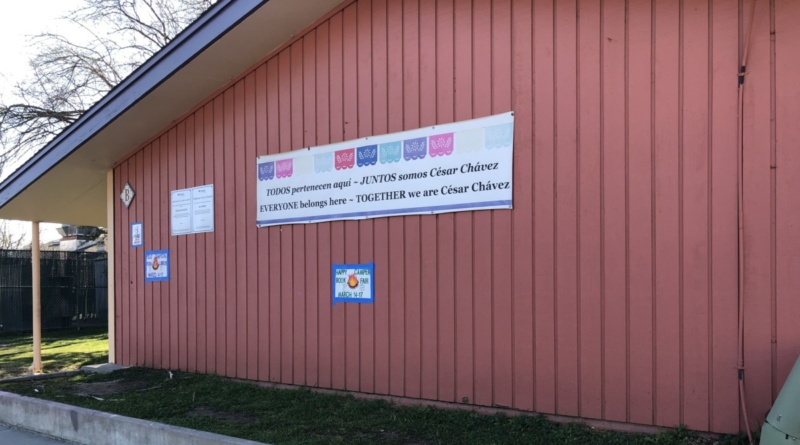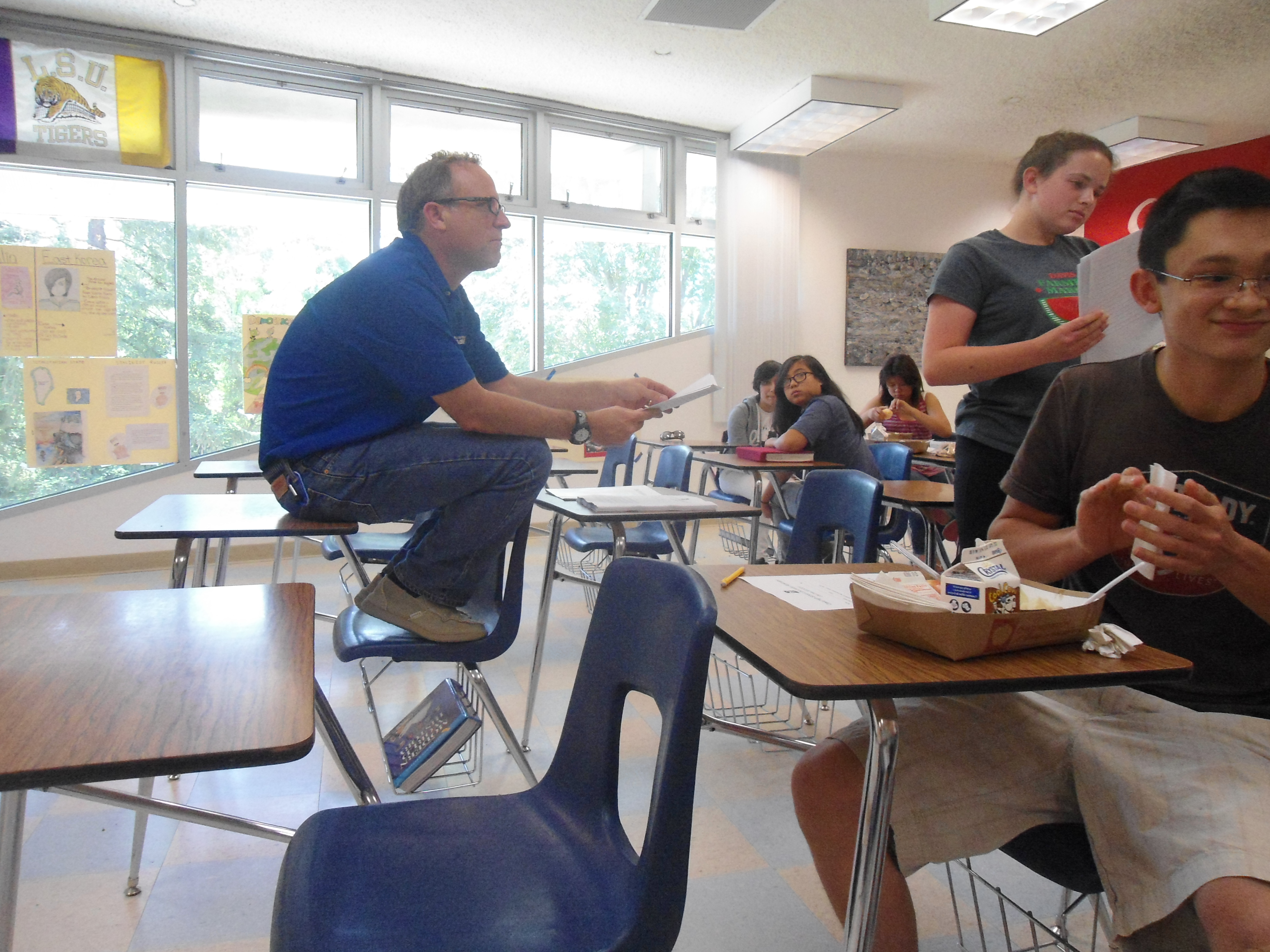Davis High students reflect on immersion school experience
PHOTO: Language immersion is incorporated at César Chávez Elementary School.
By Corrinne Holman-Evans,
BlueDevilHUB.com Staff–
There has been a resurgence in bilingual programs in California since the passage of Proposition 58 in 2016, which removed barriers that had been in place since the passing of Proposition 227 in 1998. The previous proposition required that all public school education be taught in English (unless parents could prove their child already knew English, had special needs or would learn English faster in an alternative environment).
Speaking, writing and listening to a new language in an immersive environment “has proven itself to be the most successful school-based language program model available” said Tara Williams Fortune, from the Center for Advanced Research on Language Acquisition at the University of Minnesota. Davis Joint Unified School District offers immersion programs at César Chávez, Marguerite Montgomery Elementary and Ralph Waldo Emerson Junior High School.
Junior Halla Sorenson went to Montgomery before going to Emerson for junior high. She primarily speaks English at home and her opportunities to speak Spanish now are rare. “When someone talks to me, I understand what they’re saying but it’s hard for me to write and talk in Spanish now, especially cause it’s been like a year since I’ve spoken in Spanish,” Sorenson said.
Overall, she is grateful for her immersion school experience.
“I am glad I went to immersion school, I really did enjoy learning the language at times. At times it was a little rough, like the transition between math in Spanish to math in English was really hard, but other than that I think it was a relatively good experience,” Sorenson said.
Junior Celeste Lopez attended Spanish immersion at Montgomery from kindergarten through to the sixth grade. “I primarily speak Spanish at home, which made it easier for me to communicate with other Spanish-speaking students and teachers when I first transitioned (into school),” Lopez said. “The biggest help immersion school provided me relates to the greater level of understanding and community that Montgomery had; I was never shy to speak to other students as I knew they spoke the same language I did.”
“My proficiency has honestly worsened since then,” Lopez said. “The longer and longer amount of time that went by surrounding myself with primarily English speakers, the greater amount of Spanish I seemed to forget.”
Still, she’s continued her languages studies and is taking AP Spanish 6 this year.
“I think I’m better at it now, because I took Spanish for five years after leaving immersion,” said Eli Papagni, a senior who attended César Chávez. “But I think a lot of words came more naturally while I was in immersion just because you’re speaking it everyday all day.”
Papagni doesn’t practice Spanish as much as he used to. “This year I’m not taking Spanish so I’m not using it as much but I try and use it at least a little bit when I’m talking with my brother or talking to other people who speak Spanish,” Papangi said. “I think Spanish immersion is great. I think it really helped me become far more proficient in Spanish than I would have been through just regular Spanish classes.”




